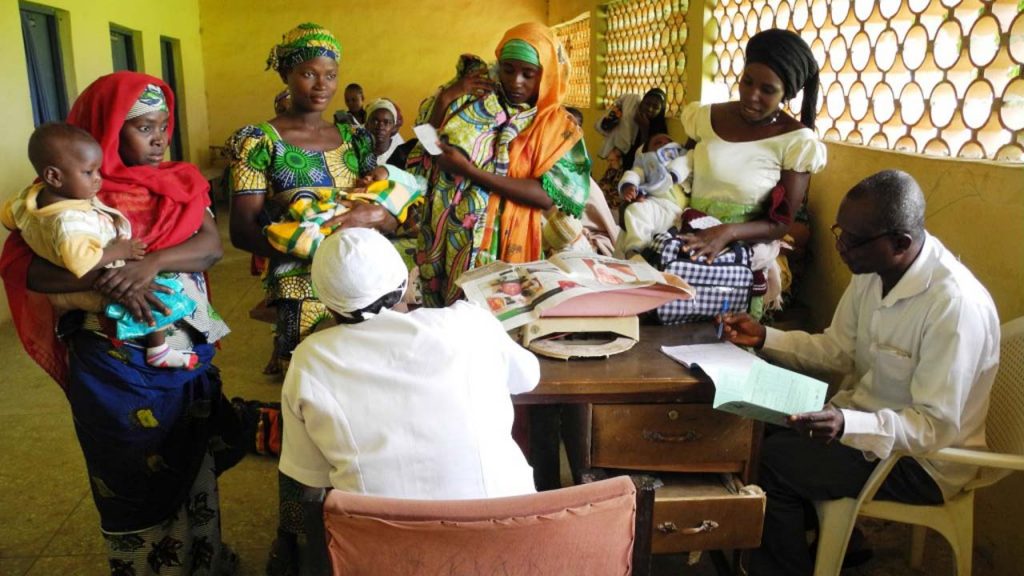No products in the cart.
Experts have harped on proper hygiene and health seeking attitude as a way to prevent malaria. This is because the disease parasite breeds in dirty environments and to change the wrong perception of seeking medical care as last resort.

Assistant Head of Project Unit, Lagos State Ministry of Health, Dr. Tolu Ajomale, said more emphasis is laid on women in the fight against malaria because of the high risk implication on the mother and child during pregnancy.
To this end, he said the state is putting in place proper preventive and curative services to reduce the menace, which include availability of malaria drugs to all Lagosians and access to proper treatment.
He noted that a new policy had been adopted to ensure the patient is tested to confirm malaria before treatment, which is encouraged with introduction of the rapid diagnostic test kits.
Meanwhile, Youth Coordinator, Young Men’s Christian Association (YMCA), Adeniyi Akindayomi, said enlightening the public would reduce malaria scourge in the society.
Speaking at a sensitisation campaign against malaria held at Ago Egun community of Bariga, Lagos, he added that distribution of mosquito nets, rakes, brooms, hand gloves and safety boots is to instigate regular sanitation in the community and reduce mortality rate.
“When we came here, we discovered that the community needed more than mosquito net because proper hygiene is key. We can only have a mosquito free environment in a clean environment,” he added.
Stressing that prevention is germane to reducing the spread of malaria; he said environmental issue remains a huge challenge to people who reside in riverine areas because such communities are usually neglected by the government due to poverty and low literacy level.
Meanwhile, Ajomole, who stressed that health care, is not just about prevention of disease but providing information needed because people with right knowledge live well, said, the state is also sensitising people to adopt proper hygiene by not dumping refuse in waterways.
“The global aim is to eradicate malaria in Africa, so Nigeria is also in the forefront to tackle the parasite. WHO has recommended Artemisinin-Based Combination Therapies (ACTs) for the treatment of uncomplicated malaria caused by the P. falciparum parasite.
“By combining two active ingredients with different mechanisms of action, ACTs are the most effective antimalarial medicines available today. The choice of ACTs should be based on the results of therapeutic efficacy studies against local strains of P. falciparum malaria,” he added.
Head, Lead Nurse Africa, Collins Ogbulu, noted that many rural communities lack basic amenities such as quality and affordable healthcare, portable water, good drainage system, proper disposal of waste and refuge.
Lack of these social amenities, he said, shows that there is a problem in the system and charged stakeholders to partnership for sustainable solution.
He added that there are no sufficient nurses at the primary level where the disease is prevalent, hence, the need for motivation and urgent intervention to curbing malaria in rural areas.
Ogbolu advised Nigerians to embrace health seeking behaviour, rather than seeing health workers as last resort as self-medication leads to inaccurate diagnosis and complication for the patients.
“Government should take and implement transformational actions by adopting policies that takes the rural communities into consideration and put an end to distribution and selling of fake drugs. More so, more medical professional should be posted to the grassroots to ensure equal access to health facilities,” he added.x
